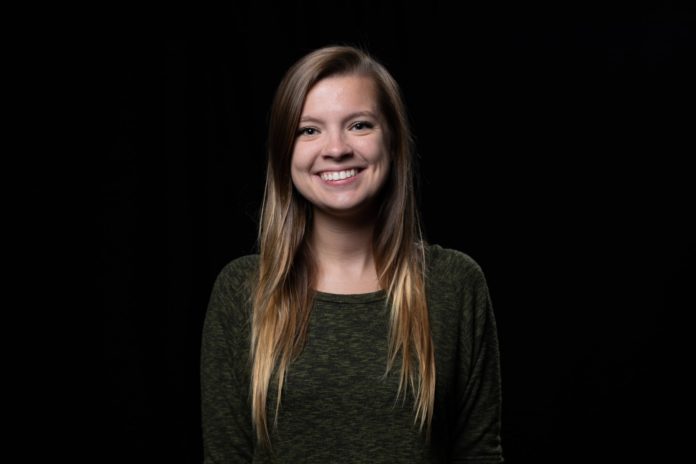By Kaitlyn DeHaven | Digital Managing Editor
All-University Sing has been a Baylor tradition since 1953, but a policy that was created earlier this year could change the way Sing looks for years to come.
The 200-participant-per-act policy came about following Phi Kappa Chi and Pi Beta Phi’s 2018 Sing act, “The Tortoise and the Hare.” The act had 260 participants, which was the largest act in Sing history. This new policy states that from now on, no act, regardless of whether it is in Pigskin or Sing, can have over 200 participants on stage.
The policy was created for safety reasons, to comply with facility occupancy loads and diminish risk, but sadly, the rule was not made before it affected many students who wanted to participate in Sing. The policy affected one act from the 2018 Pigskin performance, “The Tortoise and the Hare,” and an act from the 2019 Sing performance by Delta Delta Delta and Alpha Tau Omega, “Rockin’ New Year’s Eve.”
While I believe the rule is ultimately necessary for the safety and well-being of the participating students, Waco Hall staff and audience members, I think the Student Activities team should have had the foresight to create the rule before there were acts with over 200 people participating.
In the case of last year’s paired act, “The Tortoise and the Hare,” the policy didn’t affect the members until Pigskin came around, but since it came into effect, the organizers had to tell some members they were not allowed to participate for every performance. This put the Sing chairs in an awkward position, since by the time they were told that they could only have 200 members per performance, some parents had already bought plane tickets. This miscommunication and misunderstanding wreaked havoc on the Sing chairs, as they had to change formations they had in place for months. The result was that 110 members of the act only participated in half the performances.
This year, the paired act signed a contract before they knew the 200-person policy was coming into effect, and because of this, held auditions to decide who would be able to participate and who would not. Since the organizations affected by the policy were notified on Aug. 29, 2018, about the new policy, and Sing chairs began working on acts in spring 2018, there was no way the chapters who were affected for the 2019 Sing performance could be held accountable for having to cut participants from the act.
Obviously, the effects are extremely disappointing for those who didn’t get to participate in SING because of the cuts. I know some students, including myself, rushed primarily to perform in Sing. Each year before this one, it was pretty much guaranteed that if you were in good standing with your chapter, and you signed up, you could perform in Sing. This year, since not every member of the chapters affected could participate, the negative repercussions and disappointments were strong for those who did not get to fully perform as expected.
In order to fix this problem, I believe Student Activities should have put the policy into effect before the issue presented itself on stage. When the Lariat reported on this issue in October 2018, Matt Burchett, the director of Student Activities, and Becky Jones, chair of the Sing Committee, explained the reasons for the rule in an email. They said student participation in Sing and Pigskin has had “immense growth” within the past few years. If this is true, and the Student Activities staff was aware of the immense growth, why was the problem unforeseen? At the start of the growth, the Student Activities staff should have seen the popularity of the activities rising and created the rule before it affected organizations who had already signed contracts and begun preparing acts.
In addition, while I am thankful that Student Activities cares about the safety of all members involved, they should have been paying attention to the facility limit in previous years as well. If an accident had occurred in any previous years when the stage was holding over 200 members, the repercussions could have been troublesome.
Overall, Sing is something I’m proud of Baylor for putting on, and I believe it is a factor for how the Baylor community comes together. This being said, I also believe the policy should have been made before people within the same organization had to go against one another to compete for a place in the act.






